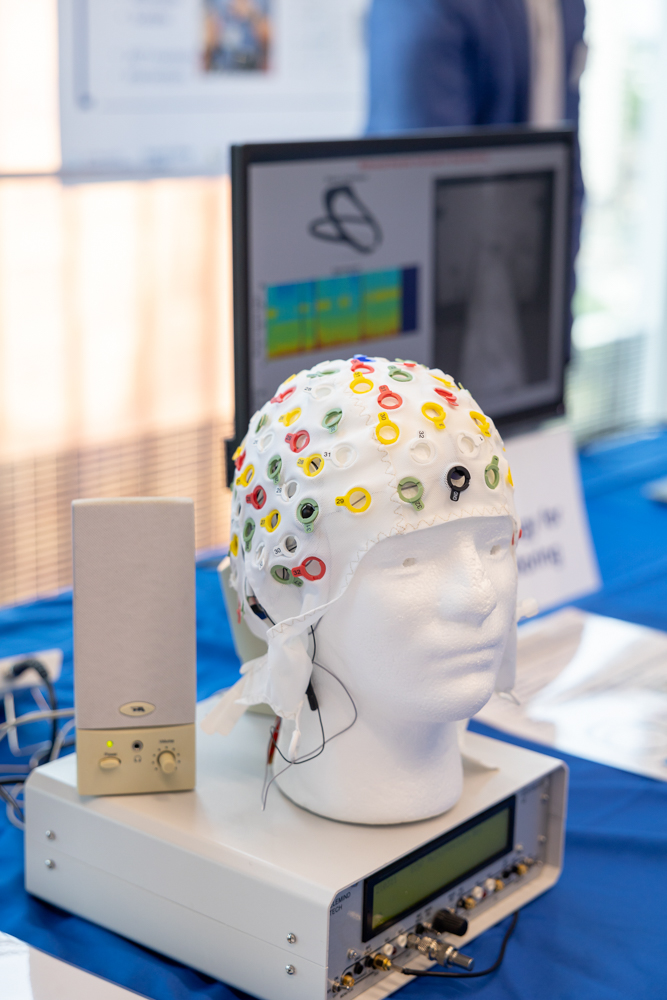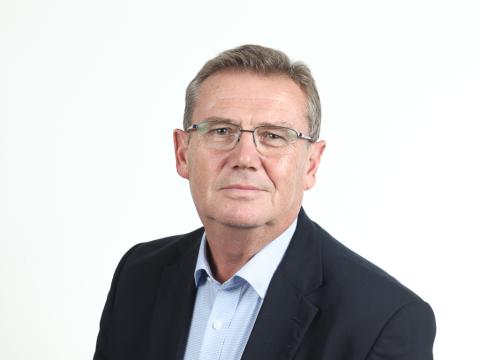Biography
Professor of Sleep and Physiology and Director of the Surrey Sleep Research Centre, Prof Derk-Jan Dijk is an expert in sleep and circadian rhythms. Obtaining his PhD from the University of Groningen, Netherlands, he went on to conduct research at Harvard Medical School and Brigham & Women’s Hospital, USA. Joining the University of Surrey in 1999, he founded the Surrey Sleep Research Centre in 2003. Derk-Jan has won numerous awards, including a Distinguished Scientist Award from the Sleep Research Society in 2015, and was elected Fellow of the Academy of Medical Sciences in 2018. As part of the UK DRI Care Research & Technology Centre at Imperial in collaboration with the University of Surrey, he leads a novel programme of research developing new technologies to enhance sleep for people with dementia.
Dijk Lab
Explore the work of the Dijk Lab, developing and evaluating new technologies that can measure a person’s sleep and wake patterns at home, which will enable large state-of-the-art studies and investigations into new interventions to enhance healthy sleep and circadian rhythm in people with dementia.

